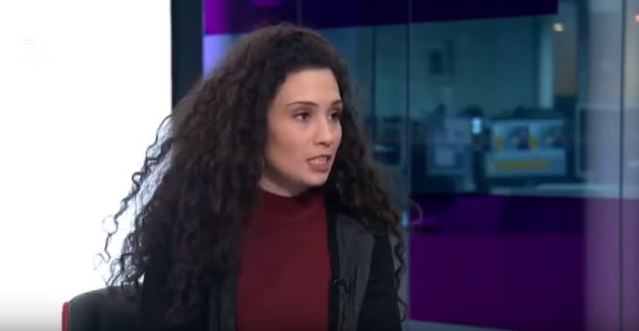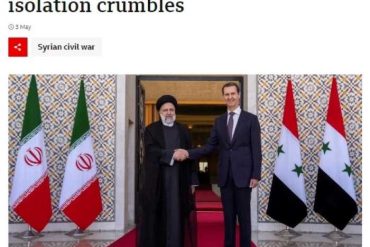An article in the Guardian, written by their education correspondent Sally Weale, focused on recent reports of hate crimes targeting Jews at Exeter, Cambridge, Edinburgh, Glasgow, Sussex and University College London. Among the people interviewed in the article (UK universities urged to a tackle rising tide of antisemitism, Feb. 18th) was NUS President Malia Bouattia.
Here are the paragraphs pertaining to Bouattia:
The National Union of Students has just completed a national survey of Jewish students’ experience of university life, details of which will be released later in the spring. Commenting on the incident at Exeter this week, the union’s president, Malia Bouattia, said it was another example of the spike in hate crime students had witnessed in the wake of Brexit and Donald Trump’s election.
“This kind of blatant antisemitism should not be tolerated in our universities and colleges, and institutions need to do more to combat it. Students must be at the forefront of tackling racism and fascism in all its forms which is why NUS’s current programme of work exploring hate crime could not be more timely.”
Remarkably, the Guardian reporter completely ignored the ongoing scandal involving accusations of antisemitism against Bouattia herself – information that had previously been reported by the Guardian and elsewhere in the British media.

In fact, just a day before the Guardian article which quoted Bouattia, The Telegraph published an article titled ‘NUS in turmoil after internal report rules its President should not be punished despite making anti-Semitic remarks’. The article noted that, despite the NUS’s determination that Bouattia should not be punished, their report found that she did make comments that “could be reasonably capable of being interpreted as anti-Semitic”.
Here are some of the comments in question:
- Bouattia ‘accused’ the University of Birmingham of being “a Zionist outpost in British higher education”, citing her concerns about their “large Jewish Society”.
- Bouattia condemned “Zionist-led media outlets”.
- Bouattia (beginning at 1:10 of this video) seemed to characterize Zionism as a form of “white supremacy”.
- Bouattia expressed support for Palestinian terrorism and was critical of those who support ‘merely’ non-violent forms of resistance to occupation.
- Bouattia claimed that the Government’s anti-terror programme was fuelled by “Zionist and neo-con lobbies”.
The journalist’s decision to quote Bouattia expressing her view that “blatant antisemitism should not be tolerated in our universities” without even mentioning the current row over her own use of antisemitic tropes is a classic example of how the Guardian can whitewash antisemitism even when putatively taking such hatred seriously.




